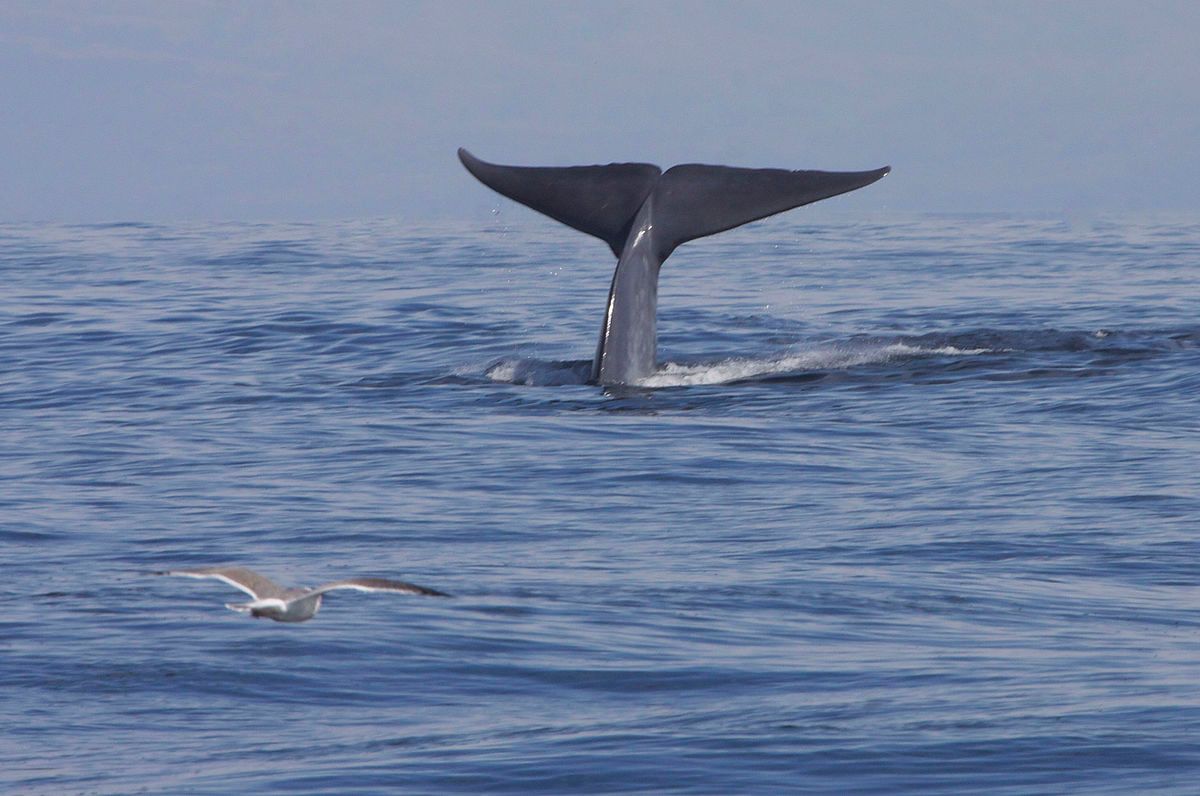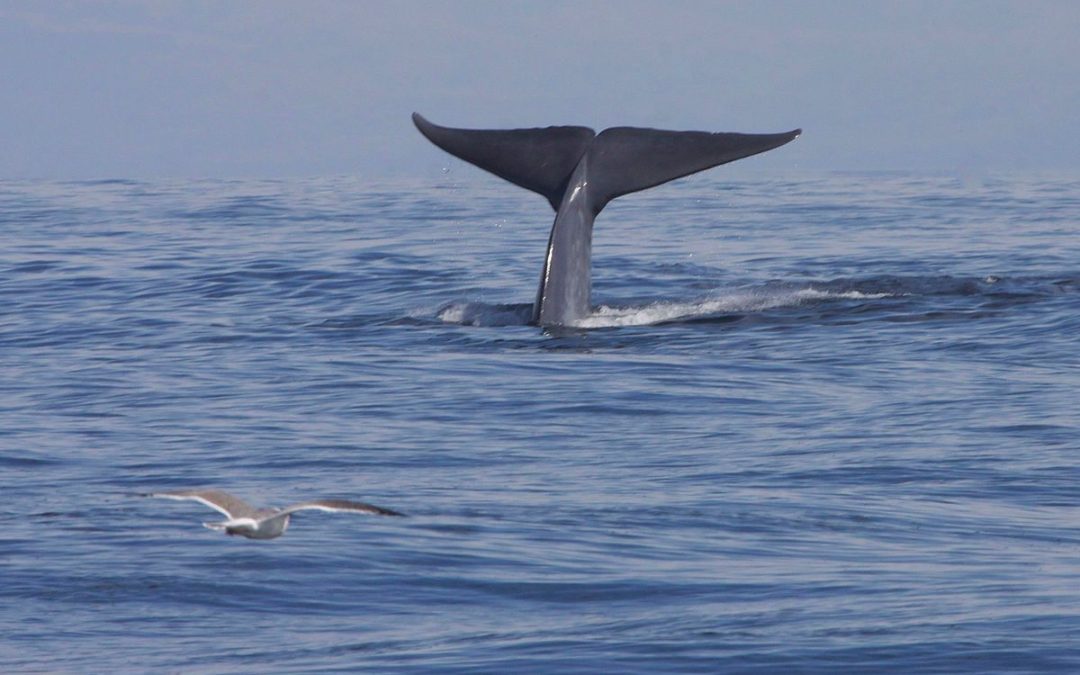
Every population of blue whale has their own unique song and a few years ago scientists heard a new song which could only mean one thing. A never previously documented population of blue whales exist in the Indian Ocean. In December 2020, The journal Endangered Species Research published a paper describing the whales’ unique anthem as a slow, bellowing ballad that’s distinct from any other whale song ever described.
Salvatore Cerchio, a marine mammal biologist at the African Aquatic Conservation Fund in Massachusetts, together with his colleagues discovered the new whale song while searching for a pod of Omura’s whales off the coast of Madagascar. They heard the rumblings of blue whales via a recorder planted on the coastal shelf and immediately decided to relocate their instruments to deeper water. Dr. Cerchio said:
“It was quite remarkable to find a whale song in your data that was completely unique, never before reported, and recognize it as a blue whale. With all that work on blue whale songs, to think there was a population out there that no one knew about until 2017, well, it kind of blows your mind.”
Even though blue whale populations are known to pay visits to this part of the Indian Ocean, one of the songs crackling through the team’s recordings was unlike no other the researchers had heard. Alex Carbaugh Rutland, who studies blue whales at Texas A&M University but did not take part in this particular study, said to The New York Times that he believes the song to be really compelling evidence. He added that genetic samples would make the evidence of a potential new subspecies even more sure.
Asha de Vos, a marine biologist who has studied blue whales in the Indian Ocean but not as a part of this project, said:
“What things like this show us is that there are different populations, with different adaptations, with potentially different needs. To conserve the world’s blue whales there’s not one single protection measure that’s going to work.”
Discovering that this never before known population of blue whales is out there inspires scientists and researchers in their intention to secure a safer future for all populations of the biggest mammal on Earth.





